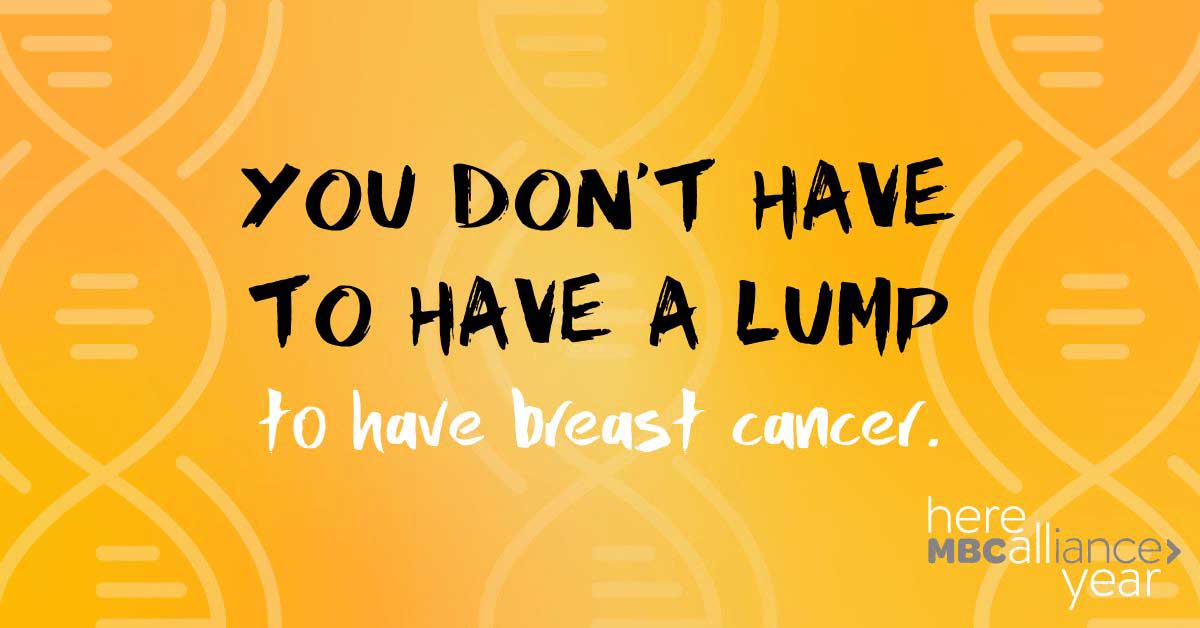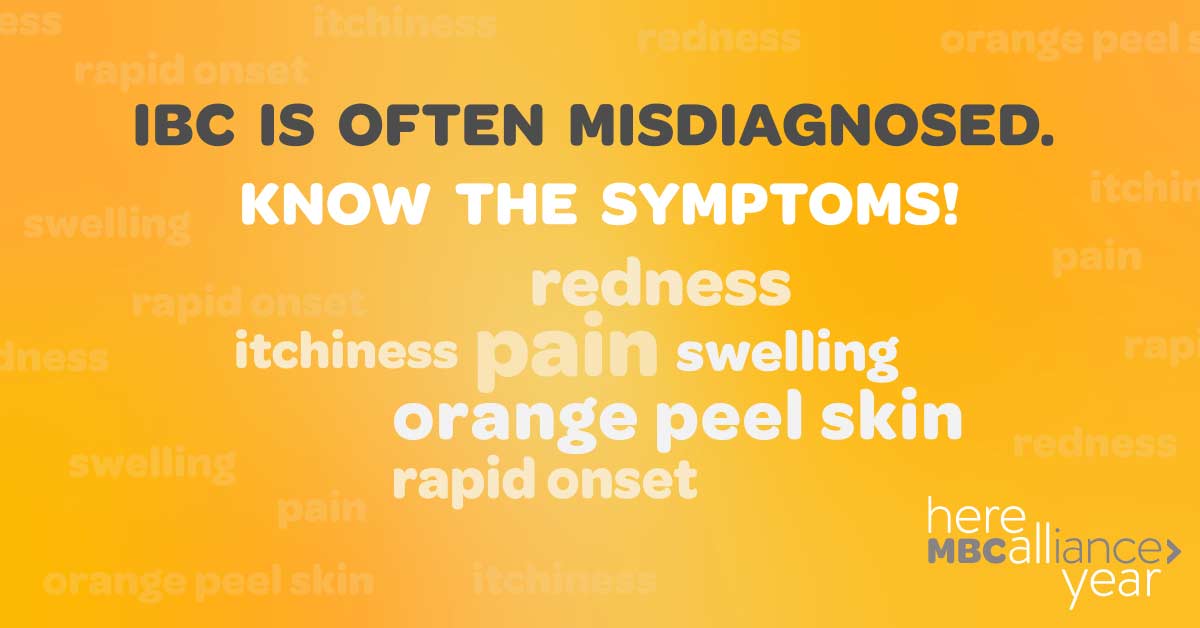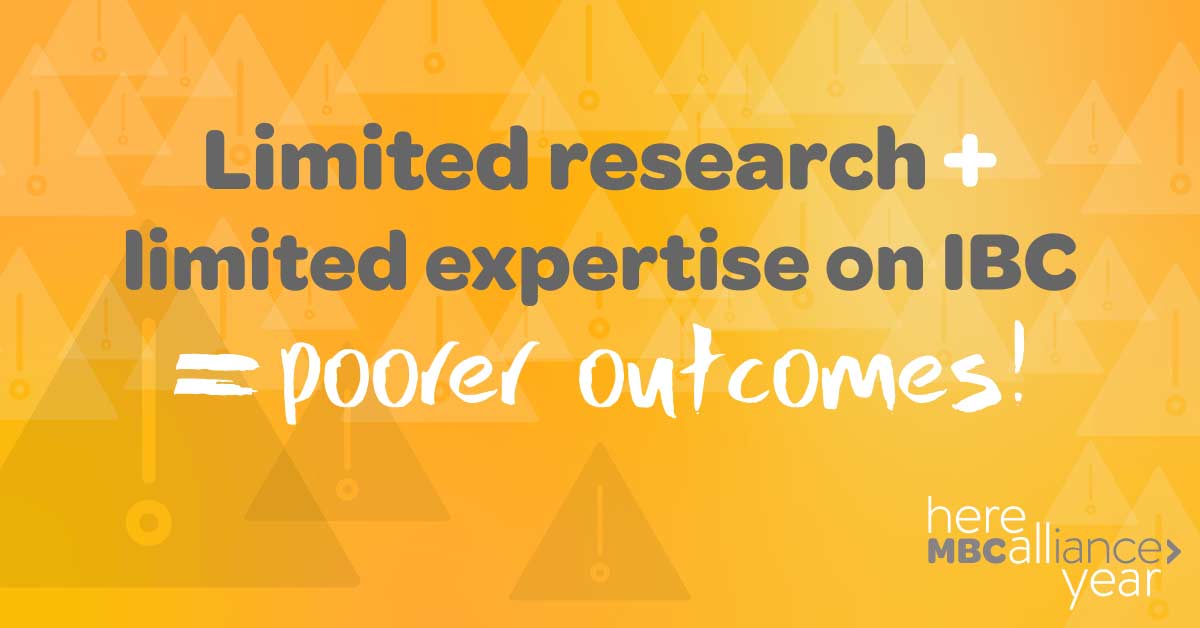Inflammatory Breast Cancer
Inflammatory breast cancer (IBC) is a rare and very aggressive disease in which cancer cells block lymph vessels in the skin of the breast. This type of breast cancer is called “inflammatory” because the breast often looks swollen and red, or inflamed. IBC is more difficult to diagnose than other types of breast cancer, and there is a lack of understanding of the disease… even among the medical community. Only increased awareness and education, and more research—including participation in clinical trials—can help improve outcomes and quality of life for IBC patients.






